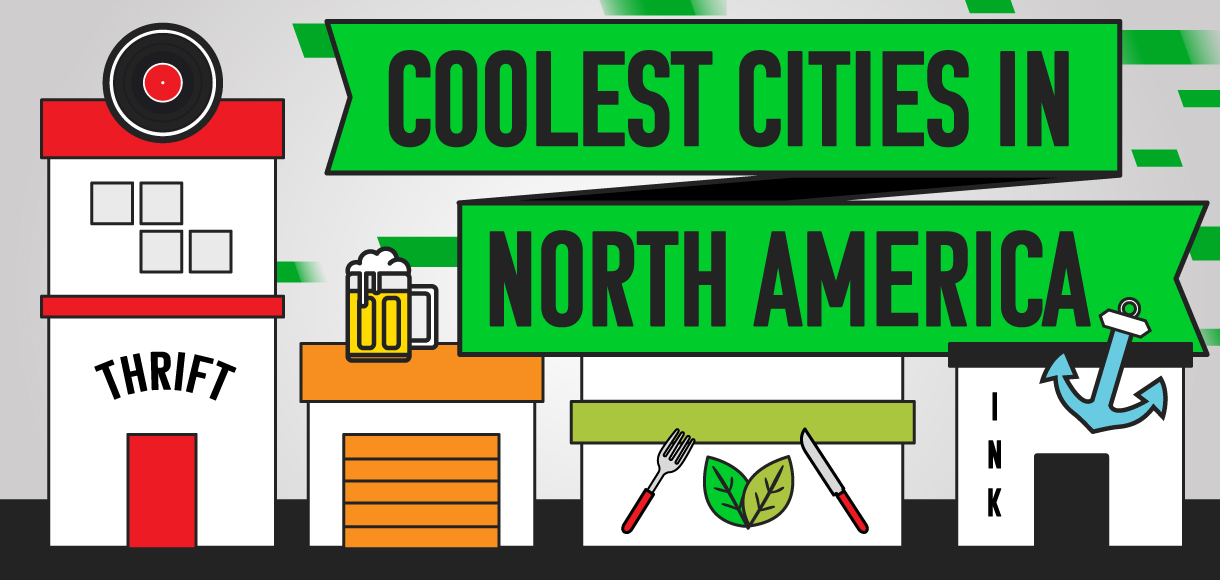Wasted Wardrobe: The Impact of Fast Fashion

Have you ever stopped to think about the environmental impact of purchasing that new pair of shoes, or throwing away a dress you’ve never worn? Wasted Wardrobe dissects the impacts of fast fashion.
The term ‘fast fashion’ is used to describe clothing items and trends that are produced quickly and cheaply for consumers to purchase at an affordable price, thereby encouraging over-consumption and generating excessive waste.
A report from the Global Fashion Agenda (GFA) suggests that the fashion industry will produce 2,791 million tonnes of CO2 by 2030 based on projected global fashion consumption. According to the UN’s exploration of the emissions gap under different scenarios, global total GHG emissions would reach 59 GtCO2e (gigatons of CO2 equivalent) in 2030 if current policies are adhered to.
It’s essential that action is taken to reduce the impact of fast fashion - but what aspect do we address first? And are there enough policies in place to help consumers make more sustainable choices when shopping? The brains here at Betway Online Casino decided to dive deeper into the matter.
Dr Patsy Perry, Senior Lecturer in Fashion Marketing at the University of Manchester, said: “Although I cannot say definitely which is the most important impact to address, I do think that if consumers reduced the amount of new clothes purchased, this would have knock on effects in reducing the resources needed to fuel ever-increasing consumption.
“However, I do not think this is achievable on current policies, as being more sustainable remains a primarily voluntary undertaking. Without legislation, there is really no impetus for companies to change what is often a highly successful revenue model. The only alternative is for a consumer movement.”
As part of the UN’s Sustainable Development Goals, a new focus has been placed on promoting inclusive and sustainable economic growth, and eradicating poverty. But this change cannot take place without a shared effort to eliminate fast fashion, thereby halting the need for cheap clothing that is produced quickly in poor working conditions.
To reduce the impact of fast fashion, consumers should shop second-hand, buy fewer new clothes and throw out less, as well as purchase items from environmentally-conscious brands.




































